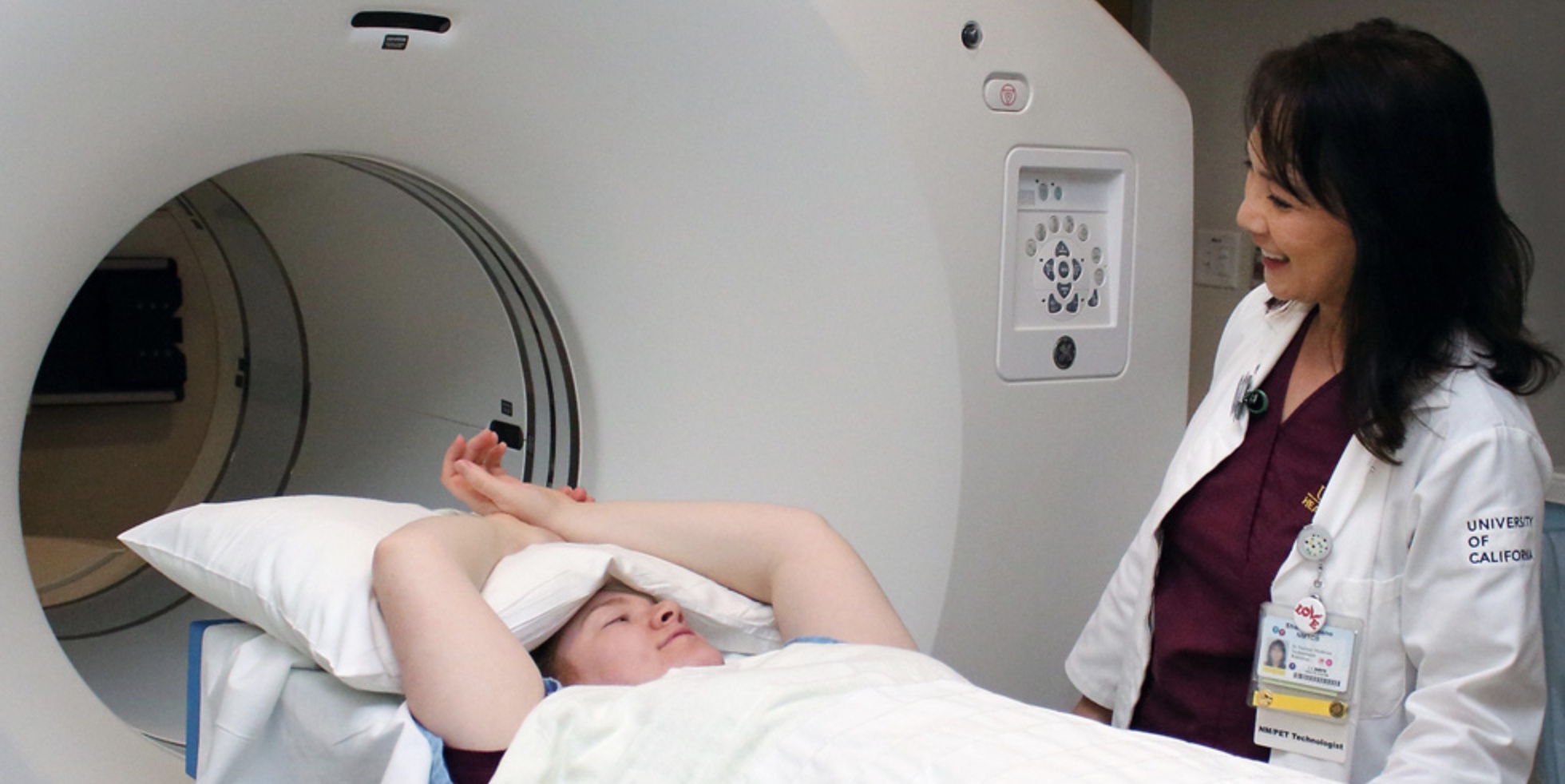Please be advised
PREGNANCY: Please notify the Nuclear Medicine / PET physician, nurse or technologist if you are pregnant, or think you may be pregnant. Alternative imaging exams can be discussed with your doctor.
ALLERGIES: Notify the Nuclear Medicine / PET physician, Nurse, or Technologist if you are allergic or sensitive to certain medications, tape, or latex.
Our Nuclear Medicine/PET facilities have comprehensive quality control measures in place, our Nuclear Medicine/PET physicians have up-to-date training, and our technologists are appropriately trained and certified. We strive to continually improve quality to ensure our patients receive the best, safest and most appropriate care - the right test with the right dose given to the right patient at the right time.
In accordance with the Society of Nuclear Medicine and Molecular Imaging (SNMMI) “Position Statement on Dose Optimization for Nuclear Medicine and Molecular Imaging Procedures (June 2012)”, when Nuclear Medicine and PET imaging procedures are performed correctly on appropriate patients, the benefits of the procedure very far outweigh the potential risks. The procedure that provides the most useful clinical information is the one that should be performed. In nuclear medicine and PET, small amounts of radioactive agents are administered to the patient to allow our physicians to examine molecular processes within the body. These procedures are highly effective, safe and painless diagnostic tools that present our doctors with a detailed view of what’s going on inside an individual’s body at the cellular level. Radiation dose for all Nuclear Medicine and PET imaging procedures is optimized so that the patient receives the smallest possible amount of radiopharmaceutical that will provide the appropriate diagnostic information.
For more than 60 years, Nuclear Medicine studies have been used to evaluate practically all systems within the body, including the heart and brain, as well as to image many types of cancer. The use of low levels of radiation in these procedures entails some possible risk but it is also recognized that if an appropriate procedure is not performed when necessary, due to fear of radiation, it can be detrimental to the patient.

